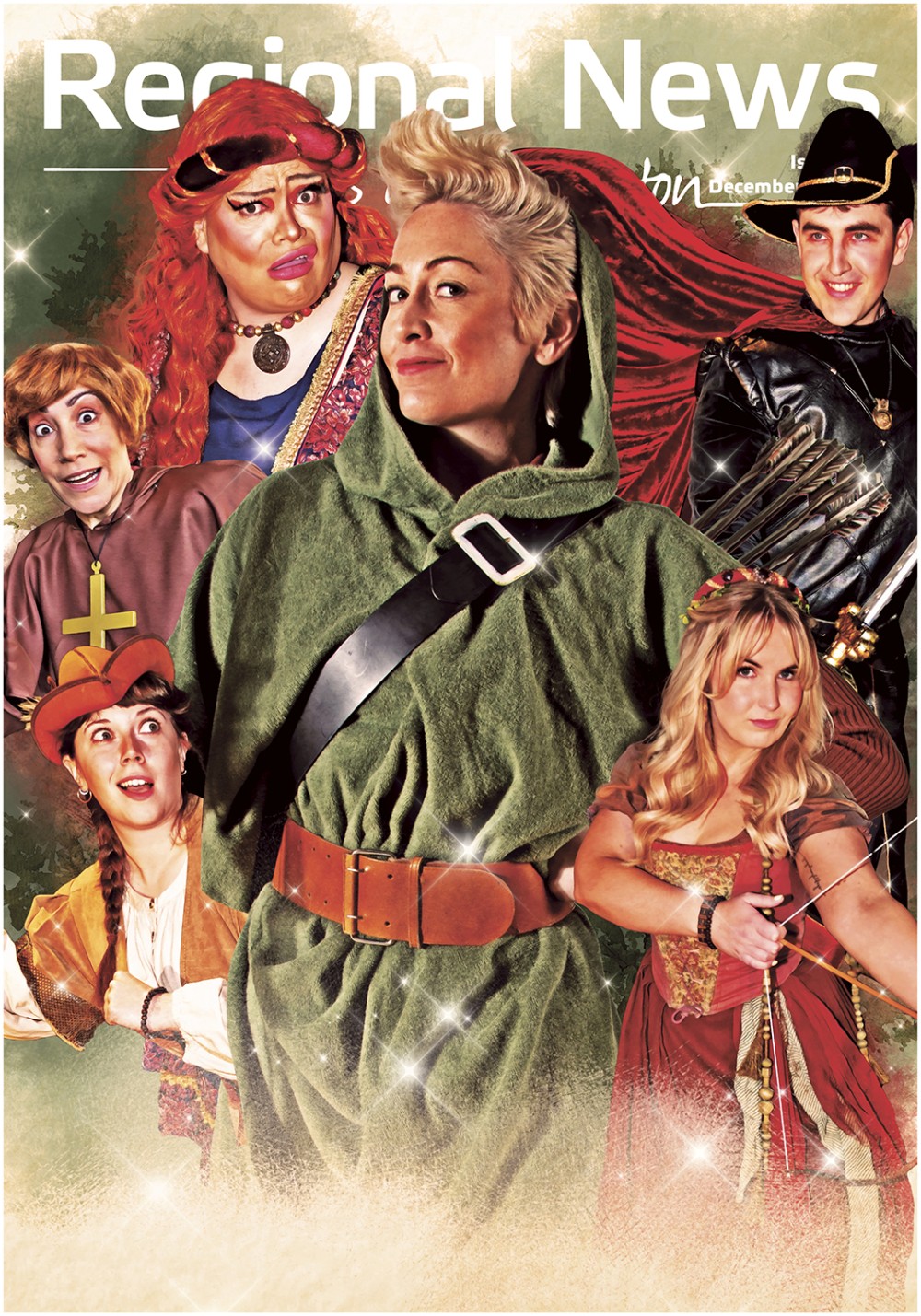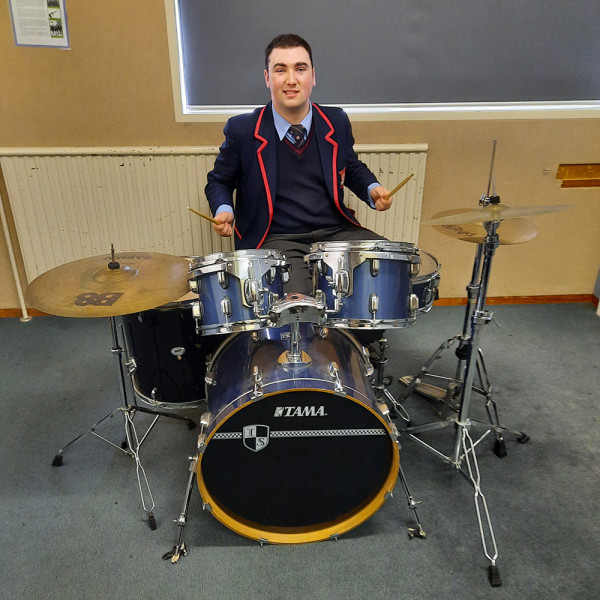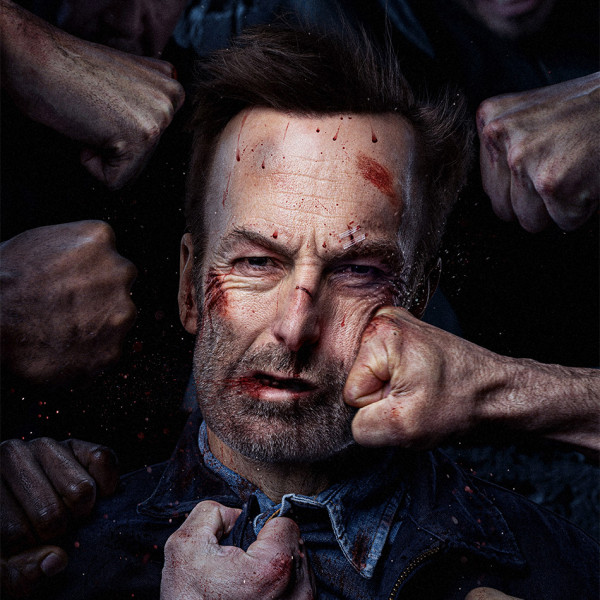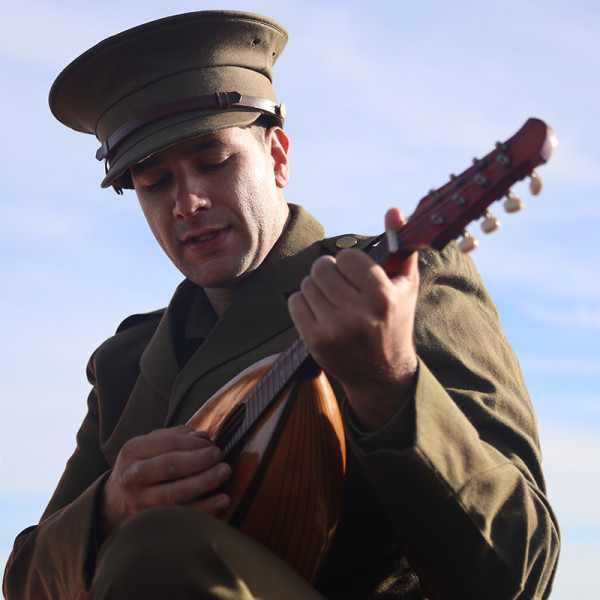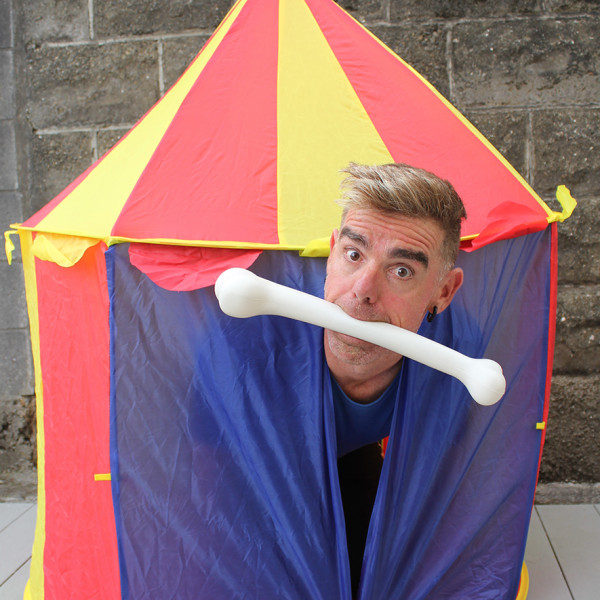
Tale of a Dog
Written by: Peter Wilson
Directed by: Fraser Hooper and Amalia Calder
Tararua Tramping Club Clubrooms, 17th Apr 2021
Reviewed by: Jo Lucre
Presented by KidzStuff Theatre, Tale of a Dog tells the tale of Dog, the ‘trickiest of tricksters’ and last remaining performing dog in the circus. After 30 years of the same old tricks, Dog, wonderfully brought to life by David Ladderman, wants to try new things.
Fergus Aitken, larger than life as Ringmaster and Narrator, is blind to Dog’s talents and is a stickler for things remaining the same. He strategically places a ‘vacancy’ sign on Dog’s colourful tent home. With no takers for the job, he steps in rather haphazardly as a replacement for Dog, confident he can fill the void. His attempt is pitiful at best. Dog’s unique talents are not easily replaced.
“Bring back dog!” echoes through the audience captivated in the front row.
Dog agrees to come back on three conditions: he has a piano, he has bones (lots of really big bones), and he and the Ringmaster perform together. What ensues is a new circus where Dog’s talents now surprise and delight. Some rather impressive juggling between Ringmaster and Dog brings a smile to many a young face, including my eight-year-old.
With his paw-by-paw rendition of Twinkle, Twinkle on his tiny piano, Dog appears coattails and all, and the Ringmaster is as wowed and awed as his audience. One keen observer from the audience is quick to admonish the Ringmaster with an incredulous “did you not see him playing in the beginning?”
Tale of a Dog is just right for the four to seven age group. It’s a great opportunity to cultivate a love of theatre in the young, with comedy, suspense, and a little slapstick in between. On a deeper level, Tale of a Dog is a lasting legacy of late writer Peter Wilson about learning to appreciate each other’s unique differences. With perseverance and by staying true to yourself, you can achieve great things.



